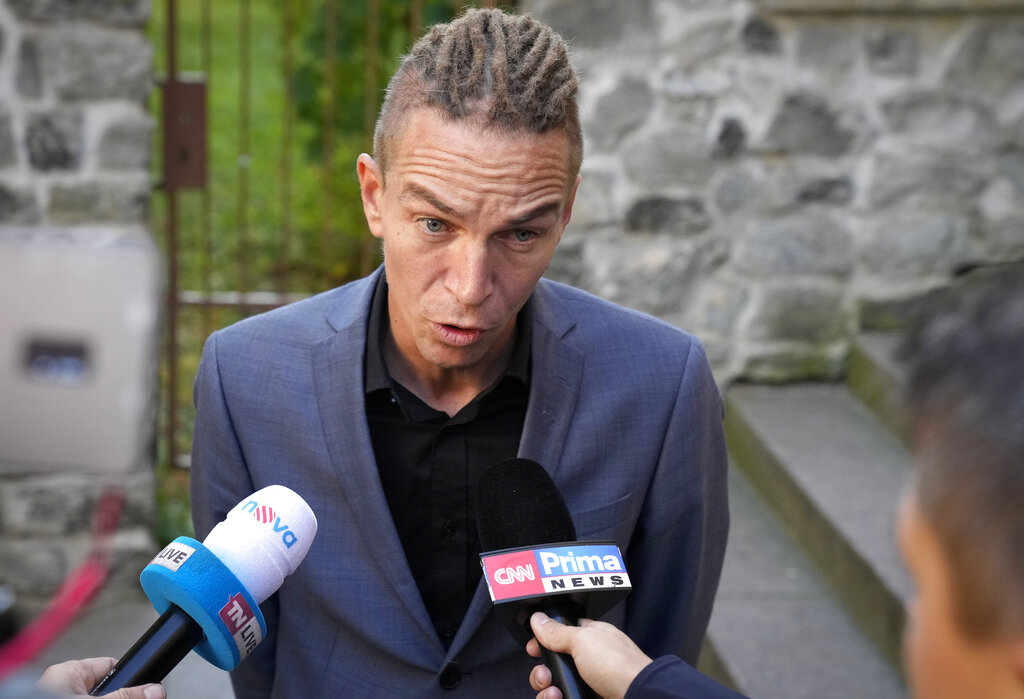Czech Deputy Prime Minister for Digitisation Ivan Bartoš has resigned as leader of the co-governing Pirate Party after a bruising electoral defeat over the weekend left the coalition government licking its wounds.
The liberal party held on to just 3 regional council seats, losing 96 as the opposition ANO movement led by former prime minister, Andrej Babiš, secured a landslide victory winning in 10 out of 13 regions.
“Based on the results of the regional and senate elections, the Republican Presidency of the Pirates is resigning from its party leadership positions,” Bartoš wrote in a social media post on Sunday.
“In addition to the chairman Ivan Bartoš, vice-chairman and member of parliament Klára Kocmanová, MEP Markéta Gregorová and representative of the municipality of Krnsko Dominika Poživilová Michailida. Pirates vice-president Jana Holomčík Leitnerová submitted her resignation earlier today, she will end her leadership at the end of September,” he added.
A new party leadership will be elected by the party’s members on Nov. 9.
The mass resignations mark a turning point not only for the Pirate Party but also for the broader Czech political landscape with the progressive movement experiencing a decline in popularity despite its commitment to anti-corruption and digital governance reforms. Once heralded by the left as a fresh, modern alternative to traditional parties, the Pirates’ support has faltered, following a similar trend suffered by progressives across Europe.
“I am incredibly proud of what we’ve accomplished over the years,” Bartoš said in his announcement, “but it’s clear that the party needs a new direction, new ideas, and new energy to regain the trust of voters.”
The Pirates’ loss is Andrej Babiš’ gain with his ANO movement sweeping to victory and underscoring its continued appeal among voters dissatisfied with the current five-party ruling coalition led by Prime Minister Petr Fiala’s Civic Democrats (ODS).
Voter turnout, however, was notably low at around 33 percent, reflecting public apathy exacerbated by recent flooding in parts of the country.
The right-wing Freedom and Direct Democracy (SPD) party led by Tomio Okamura also made gains, increasing its seat count from 35 to 41 across several regions, highlighting the growing discontent among the Czech electorate with EU policies and immigration.
The next test for the ANO movement will be in next year’s general elections where Babiš will be expected to challenge the current coalition government for control of the Czech parliament.






